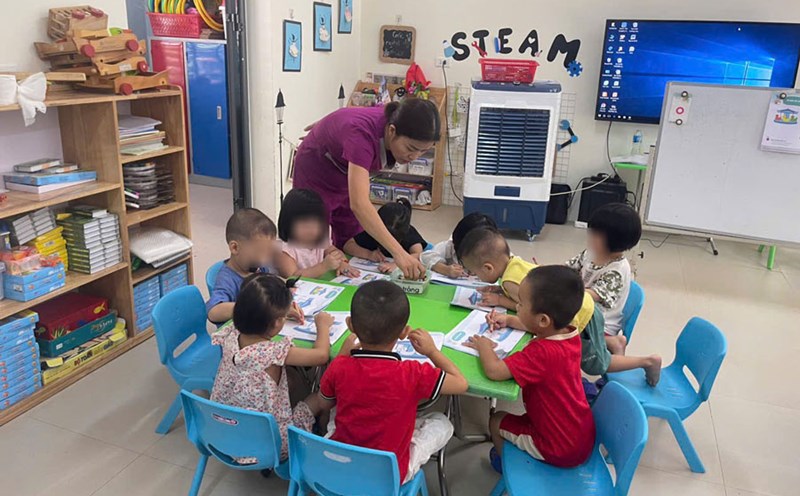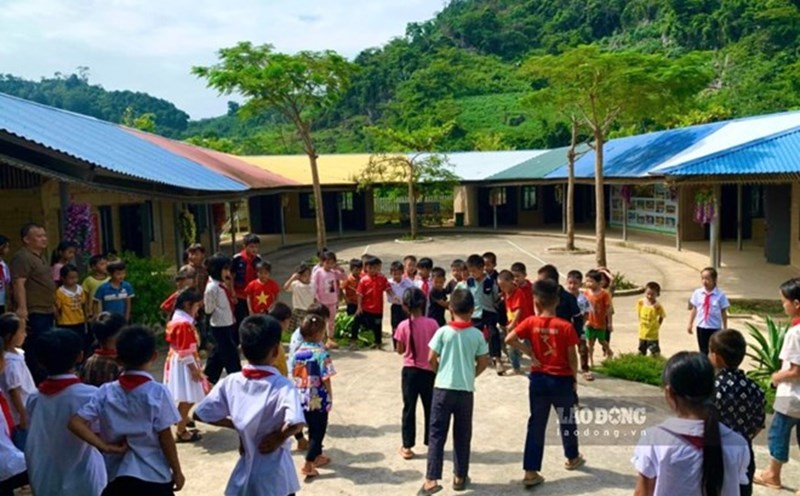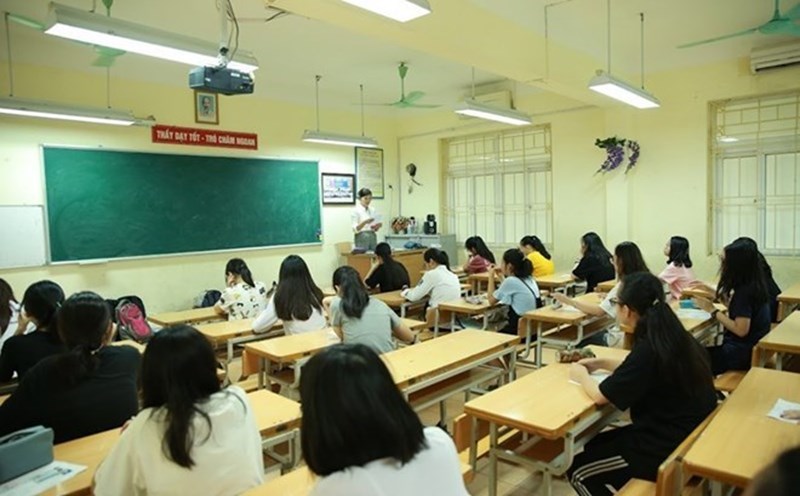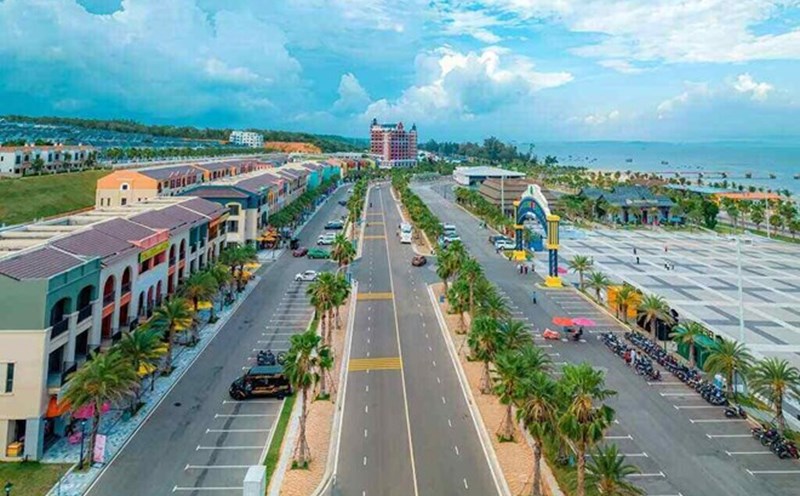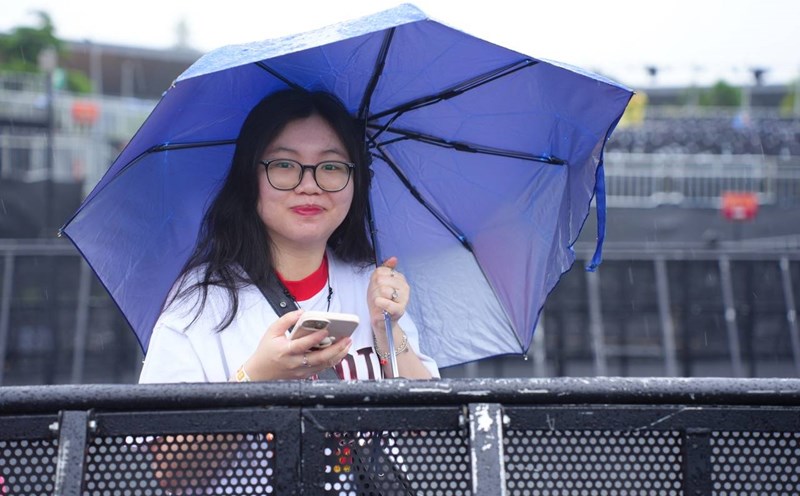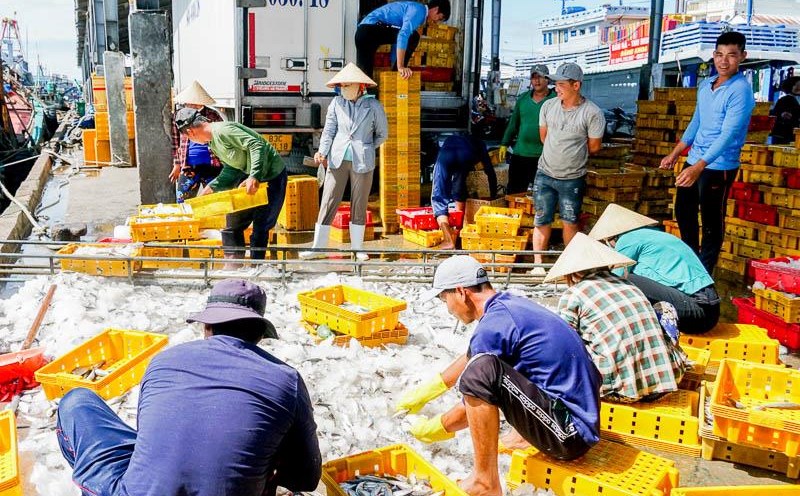According to Article 11 of Decree 76/2019/ND-CP, teachers and educational management officials working in areas with particularly difficult socio-economic conditions are entitled to preferential allowances equal to 70% of their current salary. This allowance is calculated on the basic salary, combined with leadership position allowance, seniority allowance beyond the framework (if any), and applied to actual working time in disadvantaged areas.
However, sub-section 2, Section 3 of Resolution 71-NQ/TW in 2025 stipulates:
Focus on perfecting laws, removing bottlenecks in institutions, mechanisms, and policies; improving the quality of implementation and promoting innovation. Promote decentralization and delegation of power associated with resource allocation; enhance autonomy and self-responsibility of educational institutions along with effective inspection and supervision; build an open and interconnected education system, promote lifelong learning.
There is an outstanding incentive policy for the teaching staff, raising the minimum vocational allowance by 70% for teachers, 30% for employees, 100% for teachers in particularly difficult areas, border areas, islands, and ethnic minority areas. At the same time, encourage talented people outside of the teaching staff to participate in teaching and research.
Ensure comprehensive autonomy for higher education and vocational institutions; perfect recruitment and appointment mechanisms in accordance with international practices; empower schools in using high-quality human resources. Innovating financial mechanisms, allocating budgets according to the mission, quality and efficiency, prioritizing key areas based on output results.
Accordingly, the preferential allowance for preschool and general education institutions will be increased to 100% for teachers in particularly difficult areas, border areas, islands, and ethnic minority areas.
Thus, for teachers who are civil servants at preschool and general education institutions working in areas with particularly difficult socio-economic conditions, their preferential allowances will be increased from 70% to 100%.

